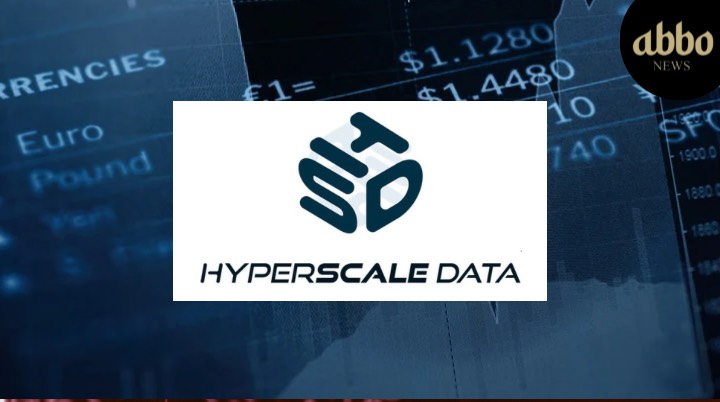MILAN – Global private credit firms, including industry leader Ares Management (NYSE: ARES), are increasingly focused on Italy as more small businesses which are the backbone of its economy open up to outside investors, providing buyout deal opportunities.
With 140 direct lending deals completed over the past 45 quarters, Italy accounts for just 4.3% of continental Europe’s overall transactions, Deloitte Analysis said.
But increasing competition in the sector across Europe, where traditional banks are reclaiming a slice of the syndicated loan market and pressuring returns, heightens the appeal of new growth areas, Deloitte data showed.
“Italy is the new frontier for direct lenders due to its growing relevance for private equity firms active in the mid-market,” Tyrone Cooney, a partner at Ares Management Credit Group in charge of France and southern Europe, told Reuters.
Ares Management (NYSE: ARES), which manages $428 billion in assets globally, has completed three Italian deals with an investment size of between 50 million and 150 million euros ($55-$165 million) in recent months.
“While competition in the Italian market is increasing, Italy is not as competitive as the UK, France and Benelux.”
The $1.7 trillion private credit sector is more developed in the United States than Europe, where the International Monetary Fund recorded 17% annual growth over the past five years.
Direct lenders traditionally focus on middle-market firms, which are too small to sell public debt and require financing that is too large for a single bank.
Italy’s industrial north is home to hundreds of family-owned companies that compete globally despite their small size, which in recent years have increasingly been opening up to private equity firms as owners age.
Industry association AIFI recorded 224 private equity investments in Italian family-owned firms in 2022, versus 151 four years earlier.
“We’ve been working with several new entrants into the Italian market,” Cooney said, adding newcomers were mid-market private equity funds Ares had previously teamed up with in the Netherlands, France, Britain, and Scandinavia.
MILAN OFFICES
Some pan-European investment firms looking to expand into Italy set up local offices.
France’s Montefiore Investment opened a Milan office in September 2022, followed by a majority stake acquisition in luxury retail general contractor EXA in 2023, its first Italian deal.
A&M Capital Europe, a London-based middle-market private equity fund, plans to open a Milan office early next year.
Francesco Di Trapani, a senior adviser at private credit manager Pemberton who focuses on Italy and Spain as head of southern Europe, said the growing private equity interest meant more business for direct lenders in Italy.
Advisory firm Deloitte expects the proportion of Italian private equity deals financed by credit funds to rise to 15.8% of the total in the second half, up from 10.5% in the first and 8.6% last year.
London-based Pemberton arranged three deals in Italy this year, including fund Ambienta’s buyout of engineering group Officine Maccaferri, where banks JPMorgan, Intesa Sanpaolo, and UniCredit which provided shorter-dated financing, covered 40% of the total financing.
Italy typically offers between five and 10 deals above the 100 million euro threshold targeted by Pemberton, and Di Trapani said that, given the number of competitors in that size range, each fund got two or three deals a year.
“The expectation is that the total could rise to 15-20 per year, attracting new entrants,” he said, adding Italy’s stable political situation helped.
However, Italy’s credit market faces hurdles due to a lack of investors for domestic players which could be active alongside heavyweights such as Ares Management (NYSE: ARES), and Claudio Scardovi, a Deloitte partner in Milan said.
Large industry players, capable of attracting international investors, typically target deals with financing of at least 50 million euros. Italy’s average deal size is of just a few million euros and would suit small domestic direct lenders.
“They proliferate, but often struggle in their fundraising because of their single-country focus and below-scale size,” Scardovi said.
($1 = 0.9102 euros)
(Source: ReutersReuters)













